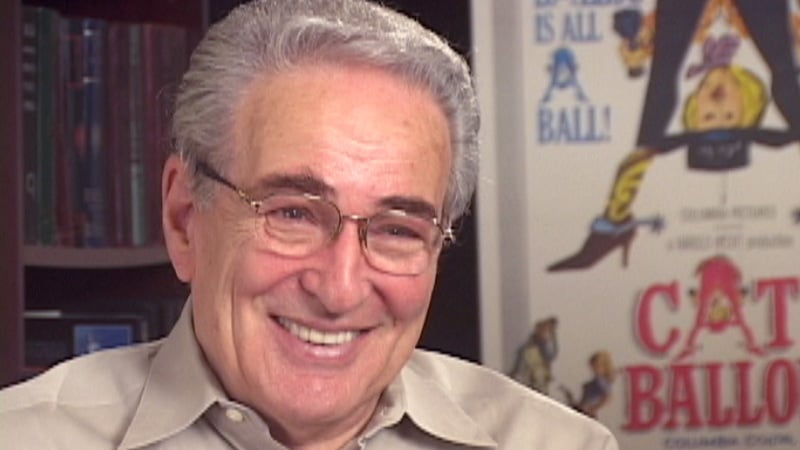Visual History with Elliot Silverstein
Interviewed by:Robert Markowitz
Elliot Silverstein studied acting at Boston College before attending the Yale School of Drama to focus on stage directing. For a while he directed university stage dramas before landing a job as a production assistant on the educational series Omnibus. After working his way up to writing on the series, Silverstein was given the opportunity to direct in 1954 and never looked back. Throughout the rest of the 1950s, and into the 60s, Silverstein directed for such series as Suspicion, Black Saddle, Assignment: Underwater, The Westerner, Checkmate, Route 66, Have Gun – Will Travel, Naked City, The Dick Powell Theatre, Dr. Kildare, Breaking Point, The Twilight Zone, The Doctors and the Nurses, Arrest and Trial, The Defenders, and Kraft Suspense Theatre.
Starting in the mid-1960s, Silverstein directed a string of feature films after being selected by producer Harold Hecht to direct Cat Ballou (1965). The film was a success and won star Lee Marvin an Academy Award for Best Actor. Other films he directed include The Happening (1967), A Man Called Horse (1970), Nightmare Honeymoon (1974), The Car (1977), and Flashfire (1994). Silverstein also directed several movies-for-television including Belle Sommers (1962), Betrayed by Innocence (1986), Night of Courage (1987), Fight for Life (1987), and Rich Men, Single Women (1990). Silverstein’s later episodic television credits in the 1990s include Picket Fences and Tales from the Crypt.
Elliot Silverstein was an original member of the DGA Creative Rights Committee and served as Chairman from 1968-1992. In 1964, under then committee chair Frank Capra, he helped prepare the Creative Bill of Rights, which included such landmarks as the establishment of the director’s cut with final creative authority over editing, and has since grown into the Creative Rights Handbook, which summarizes the rights of DGA members. From 1967 to 2003, Silverstein served on the DGA National Board in various capacities, including a term as First Vice President from 1983-1985. He also served on the Western Directors Council for over two decades and chaired numerous Guild committees including the President’s Committee, the Professional Standards Committee, and the Safety Committee. He was founding President of the Artists Rights Foundation, which merged with The Film Foundation under the DGA umbrella in 2002, and also served as Chair of the Artists Rights Council.
The Guild bestowed Silverstein with the 1990 DGA Honorary Life Membership Award and the 1985 Robert B. Aldrich Award for extraordinary service to the Guild and its members. At the DGA Honors gala in 2002, he was given the John Huston Award, which highlights individuals who have shown outstanding courage, artistic integrity and leadership on behalf of artist’s rights. In 1965 he received a DGA Award nomination for Outstanding Directorial Achievement in Feature Film for Cat Ballou.
Select Viewing Option:
Highlights